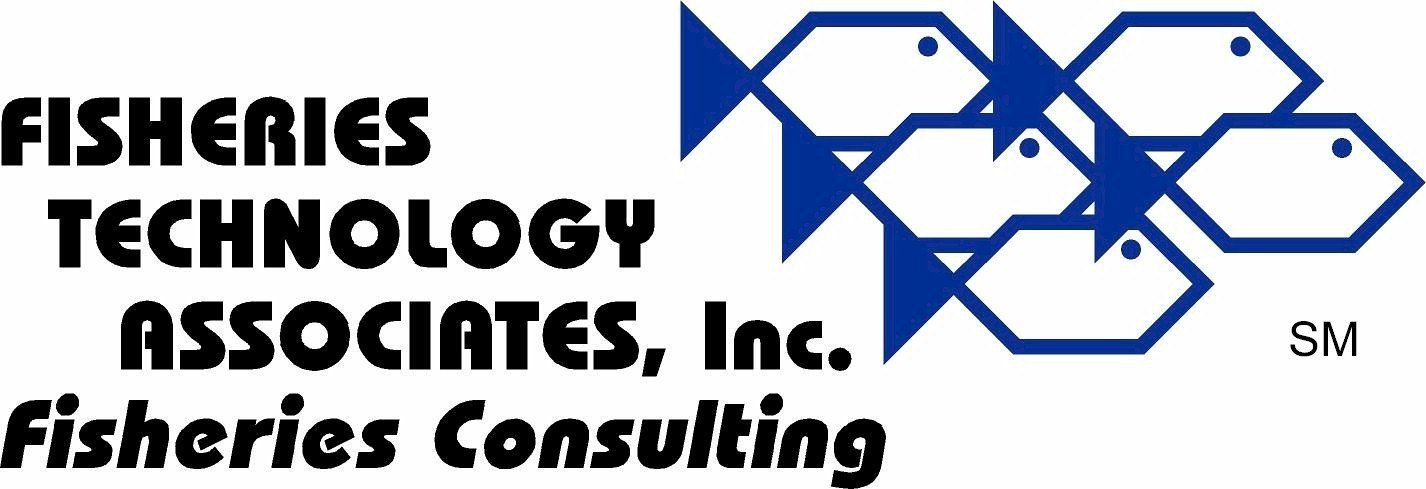Press Releases
Client has big plans for large South American cities
January 2026: South American nations and charitable groups are poised to invest heavily in their food security. Aquaponics (the integrated production of both fish and plants in controlled environments) is a great way to make that happen.
Beginning in 2026, Fisheries Technology Associates is accompanying a client to multiple locations in South America to begin the process of aquaponic feasibility analysis and planning for facility development. Our work will start in Bogota, Colombia, and eventually spread to cities in Peru, Brazil, Ecuador, Argentina, and other high-population metropolises.
Working through a non-profit organization, the client's goal is to bring healthy, low-cost food to poor communities who need it most. We applaud these efforts, and plan to bring our so-called Mothership and Satellites concept to bear at each of these locations. Under this scenario, a larger Mothership complex (including feed sourcing, hatchery production, grow-out, processing, and distribution capabilities) will act as a central hub for smaller Satellite facilities that focus on the less-technical grow-out aspects of fish and plant production. The Mothership will support all efforts at the Satellites and help to ensure their technical and financial success.
We are eager to engage with the client and help bring success to communities that sorely need food security.
Africa is a true aquaculture frontier
2026: There is no doubt Africa is the next aquaculture frontier. The continent is rich in many resources, yet has fallen behind in terms of aquaculture development--especially with respect to the needs of its people. Aquaculture certainly is not unknown to Africa, but the newest technologies must be brought to bear to minimize environmental impacts and maximize the use of land and water resources that can be relatively scarce in many locations.
We have been asked to help bring Africa to the forefront of aquaculture by an enterprising group of American developers. An ambitious plan to bring aquaculture to Sudan is now underway with our assistance.
Through careful planning and the use of integrated approaches to agriculture--approaches that mesh existing terrestrial agriculture with aquatic agriculture, we can close nutrient cycles and minimize pollution and maximize overall production. Africa is the perfect launching pad for integrated multi-trophic aquaculture (IMTA). Using this approach, fish, shellfish, aquaponic plants, and terrestrial row crops can be produced in synchrony, and pass to each other "waste products" that are raw materials for their counterparts. When nothing goes to waste, resources are maximally used and production efficiencies skyrocket, to the benefit of the nearby environment and people who consume the products.
Our long-term commitment to these efforts mesh perfectly with our consulting philosophies of sustainability and excellence. We look forward to this very positive collaboration and its success.
Navajo Nation is ready to engage in aquaculture and aquaponics
2026: The USA is large and includes a diversity of environments and habitats--many of which may be only marginally suitable for aquaculture. In particular, areas of the desert southwest can be quite challenging when it comes to successfully raising fish and plants.
FTA has been chosen to assist in the development of aquaculture in the Navajo Nation of Utah, Arizona, and New Mexico. We are partnering with an engineering firm to manage and implement the development. Step one is an egg-hatching and juvenile production design phase, followed by a construction phase, and start-up phase.
The Navajo Nation is known for its scarcity of water, and lack of appropriateness/quality of available water resources for human purposes (e.g., human drinking water, livestock watering, crop irrigation). In an effort to efficiently use available water resources, we intend to employ multiple water collection and purification techniques, especially those driven by the abundance of solar energy in the region.
If all goes well, the Navajo Nation should be producing fish from egg to catchable size by the end of 2026. We are participating to help ensure their success.
For more information, contact:
Fisheries Technology Associates, Inc.
Telephone: +1-970-225-0150
E-mail: info@ftai.com
